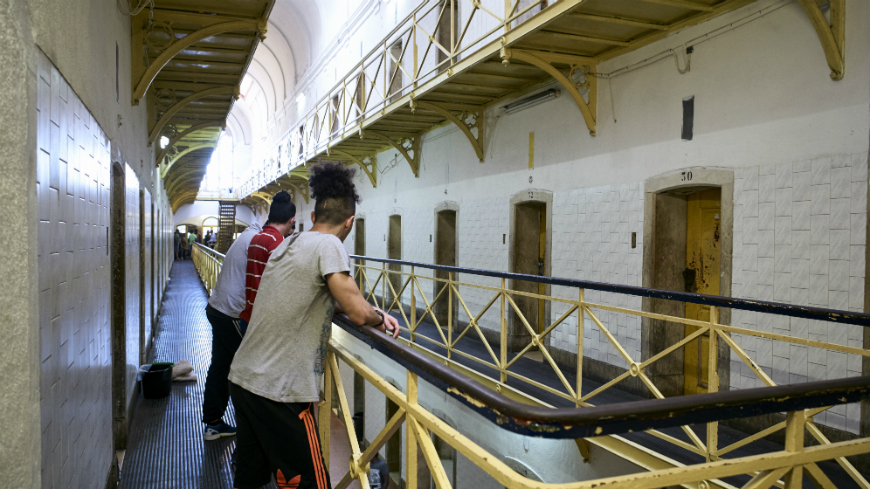On April 19, the British Parliament approved Prime Minister May’s motion for early political elections on June 8th. The motion was adopted with the required two-thirds quorum, thanks to the support of the Labour and Liberal-Democrat opposition. On the same day, the Council of Europe’s Committee for the Prevention of Torture (CPT) published a report denouncing the general state of criticality of prisons in England and Wales. In view of the upcoming electoral campaign, we believe it is important that political debate be centered not merely on Brexit, but that it may include also the issue of prisons and justice in general. What follows is a summary of the introduction of the Report available at this page of the CPT website.
In the report, published after visiting the country, the CPT
highlights spiralling violence, lack of safety in prisons and inadequate safeguards to protect patients in mental health settings.
The report welcomes the recent recognition by the authorities to reform the prison system of England and Wales. Yet, it underlines that unless concrete, determined and swift action is taken to significantly reduce the current prison population, the regime improvements envisaged by the authorities’ reform agenda would remain unattainable.
The CPT is deeply concerned by the amount of severe generalised violence evident in each of the prisons visited, notably inter-prisoner violence and attacks by prisoners on staff which, in one case, resulted in the death of an inmate.
The cumulative effect of certain systemic failings found is that none of the prisons visited could be considered safe for prisoners or staff. The CPT recommends that concrete measures be taken to bring prisons back under the effective control of staff, reversing the recent trends of escalating violence and that a far greater investment in preventing violence be undertaken. In particular, this requires a swift reinforcement of staffing levels to provide for a safe environment for prisoners and staff.
The CPT underlines that many aspects of prison life were being negatively affected by overcrowding in the prison system. The regimes in all prisons visited were inadequate, with a considerable number of prisoners spending up to 22 hours per day locked up in their cells. The situation was particularly bleak for juveniles placed on ‘separation’ lists, who could spend up to 23.5 hours a day locked up alone in their cells. In the CPT’s view, holding juveniles in such conditions amounts to inhuman and degrading treatment. Findings and data show that juvenile offenders in YOIs have been held alone in conditions akin to solitary confinement for periods of 30 days, 60 days and even, occasionally, up to 80 days. The CPT recommends that juveniles should not be segregated in such conditions, even for the purposes of good order, and instead be placed in small staff-intensive units.
As regards the psychiatric institutions visited, the CPT’s report recognises the clear dedication of the many mental health professionals working hard to care for the patients under their responsibility. However, the CPT considers that there are a few areas which require serious reflection and change; notably, consent to treatment safeguards need to be reinforced during the first three months of involuntary placement in a hospital; the powers of the Mental Health Tribunal need to be reinforced and expanded to deal with appeals concerning such issues as consent to treatment, transfers to more secure hospitals, the use of means of restraint and the application of specific treatment measures.
In the high secure hospitals, the CPT is highly critical about the measure of long-term segregation as currently applied and voices misgivings over the use of force deployed to control patients. It also calls for a review of the night time confinement policy in these hospitals. More generally, the report recommends greater efforts are required to recruit and retain registered mental health nurses, whose numbers have decreased by more than 8.5% since 2009, at a time when the number of patients being detained in England is increasing year on year.
Gaspare Galli
Read the full Report here

